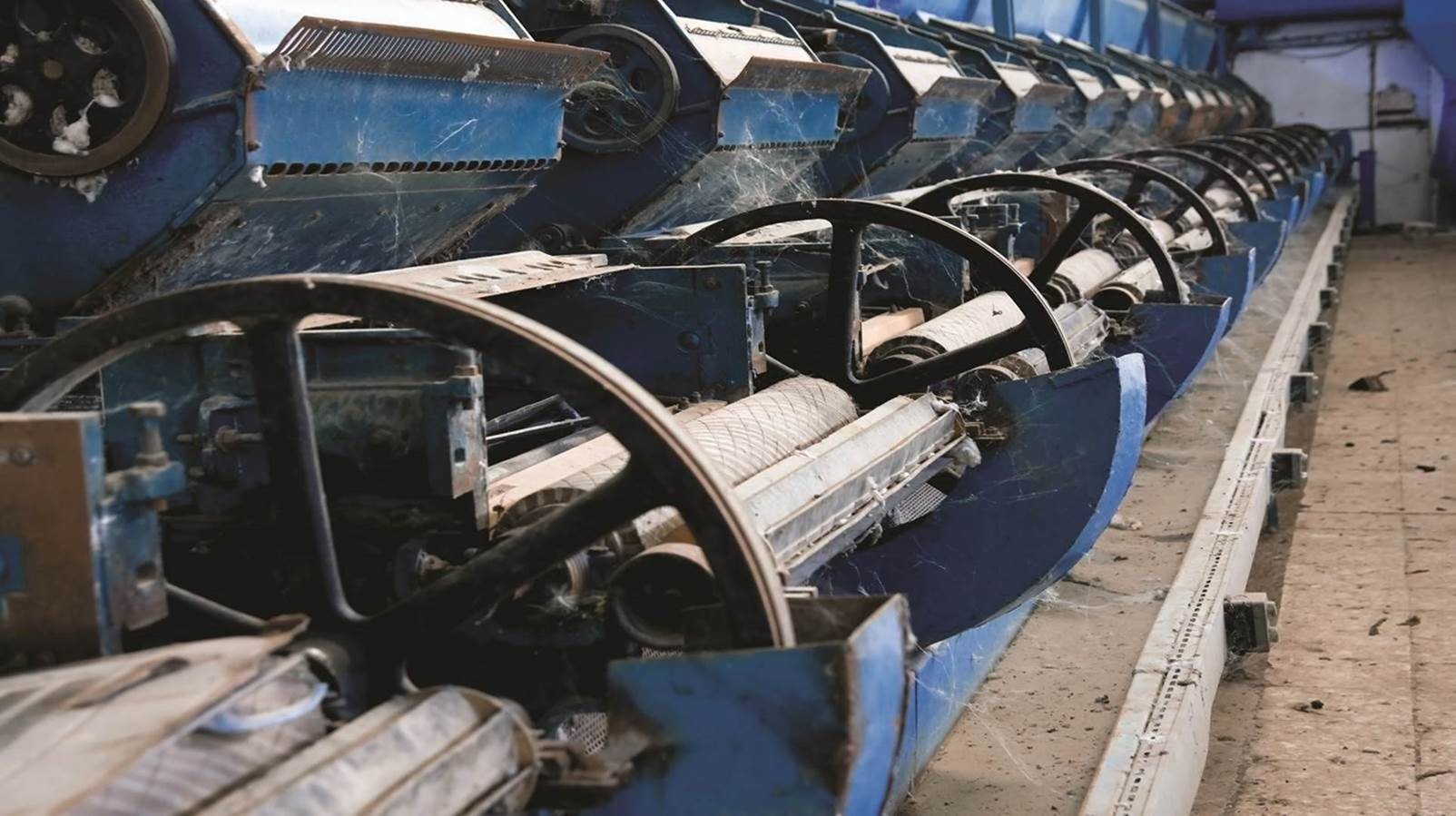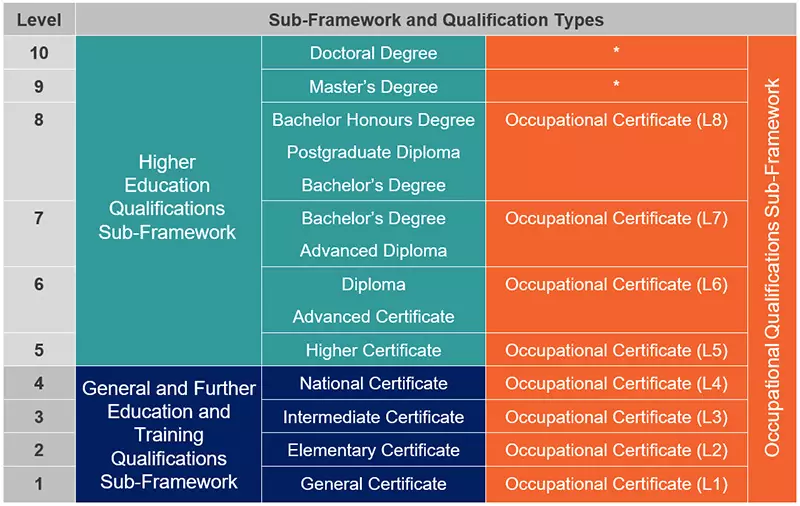
With many countries currently in some form of forced lockdown, a number of businesses have been forced to shut down their operations for an uncertain time period. Many organisations can lock their front door and go home, working remotely to continue their activities. Others in asset-intensive industries like mining, manufacturing or utilities do not have this luxury.
Protecting organisations’ investment in their physical assets while it is temporarily out of operation is a necessity. We asked Casey Wolters, one of our senior consultants, to share his top 10 maintenance tips to consider during the lockdown.
- Prepare equipment or machines for lockdown by moth-balling
Equipment, machinery and vehicles that are not properly protected when stationary or shut down, (or not operating according to its intended function) will rapidly be affected by corrosion, product settling, material segregation or chemical balance depletion, to name but a few.
A simple example to look at is a coal- or oil-fired boiler. When a boiler is shut down without following the appropriate processes to protect its internal surfaces, it will corrode rapidly while offline and still has water inside it. When a boiler has to be shut down for a month or more, it is good practice to properly prepare the boiler for dry storage. To do this, add some inhibiter into the feed water, drain the water while still warm and then dry out the boiler. - Keep batteries fully charged
Batteries, especially the lead-acid type commonly used in motor vehicles and machinery, are inclined to lose their charge when not in use, or left unattended. When batteries discharge to below 50% and left in that state for a considerable time, the internal plates become damaged. This leads to a significant shortening of the battery’s expected lifespan. To keep lead-acid batteries in tip-top shape, they have to be recharged at least once a week. We recommend using smart-controlled, trickle chargers during the period of non-usage. Your batteries will remain fully charged, without the danger of damage due to over-charging. - Keep tyres properly inflated, prevent ‘flat-spotting”
Whether you own a bicycle, motor vehicle or a rubber-wheeled earthmoving machine, tyre inflation and “flat spot” prevention is of significant importance in maintaining the structural integrity of the tyres.
Wear and tear, exposure to heat and ultraviolet light all contributes to the finite, somewhat short asset life of a tyre. Leaving a vehicle standing and letting the tyre deflate over a period of extended non-use will further exacerbate the problem. Pneumatic tyres and tubes all lose some of their pressure, over time. When allowed to deflate too much, the full weight of the vehicle causes flat spots on the running surface and ultimately distorts or ruptures the reinforcing in the tyre carcase. If you have the means, store your vehicle (especially racing cars and bikes) by lifting the vehicle off its tyres, so ensuring that the tyres remain round. - Keep fluid levels in check
Fuel, oil and coolant are the ‘life-blood” liquids needed to keep your vehicle, machine or aircraft, for that matter, fit and ready to operate. Keep these topped up fully.
It is particularly relevant for fuel and oil storage, and critical in the aircraft industry, to keep fuel tanks filled to the completely full level. The reason for this is to minimise or eliminate the free, atmospheric space inside the tank. By doing this, there is less likelihood of moisture or water vapour being drawn into the air free space and so doing contaminating the fuel. This is equally important in vehicle fuel tanks and storage tanks. By keeping fluid levels in check, one also has the opportunity to see whether any leaks are developing. - Exercise your machines
For standby generators and its automatic change-over switching system, it is good practice to test-run the equipment regularly. It is also a form of assurance that brings peace of mind that the systems start-up and function as they should. It also ensures that all components of the engine get up to operating temperature and in so doing drive off any moisture or condensate that may accumulate in fuel, oil and exhaust systems.
This applies not only in “lockdown” situations, its equally important under normal conditions. The rule of thumb is to start-up, no-load for not longer than five to 10 minutes or to load test a minimum of 30 minutes. - Inspect for and protect against corrosion progression
Machinery and equipment, especially those exposed to moisture or corrosive environments, will rapidly corrode, if un-attended. Whether the machine is operating or not, routine inspections are essential to keep corrosion in check. The upkeep of corrosion inhibitors and coatings is important and requires maintenance. This is especially relevant in the fishing, food and other processing industries - Security integrity checks
When operations are shutdown or when on-site staff is reduced, your assets may become targets for theft, vandalism and pilferage. The safety and security of such a situation is concerning and should be addressed and recognised as an essential service or activity during lockdown. - Control pests, vermin & bacteria especially in the food and beverage industry
Where food processing machinery has come to a standstill and has been put out of operation by being laid up, it is much more prone to bacteria build-up and the ingress of vermin and pests. During operations, the cleaning in process, or CIP, is an active part of the operational cycle. During a lockdown, this routine may well be stopped. It is therefore equally important to consider and implement a modified or alternative, pest control process, to specifically address the altered conditions during stationary times. The fish-meal and canned-food processing industries are specific examples as they are confronted with these exact issues during out of season periods of no production. - Large electrical rotating machinery- heating to keep moisture out
Large electrical motors, generators and synchronous rotating machines typically have embedded heating coils inside the windings and casings of the machines. This is to ensure that the windings and the insulation of the windings remain dry. Moisture in windings insulation diminishes the insulation strength, eventually leading to electrical continuity between windings and then giving rise to short-circuiting and burning out of the coils. It is essential to keep these heating systems operational to prevent insulation degradation, as a result of moisture getting into the windings of these machines. - Keeping your HVAC systems intact
Continuing from the previous point, control rooms, substation, motor control centres, rack rooms and server rooms are also vulnerable to the effects of heat, moisture, corrosive gases and dust ingress. Electrical switchgear requires controlled atmospheric environments to operate safely and reliably. Electronic control equipment, PC’s and plc’s are particularly vulnerable to humidity changes and ingress of corrosive gases. HVAC systems that ensure positive pressure and quality filtered air, are essential to protect these assets. This type of equipment, especially in wastewater treatment works are particularly vulnerable. It is therefore vital to ensure that air conditioning and humidity control equipment in these rooms are kept running and maintained at all times.
We remain hopeful that governments and policy makers around the world will continue to manage the human, economic and social impact of the COVID-19 crises with diligence and consideration of us all. Until we are able to return to full operations, take care of your assets to avoid surprises when returning to normal operation.
